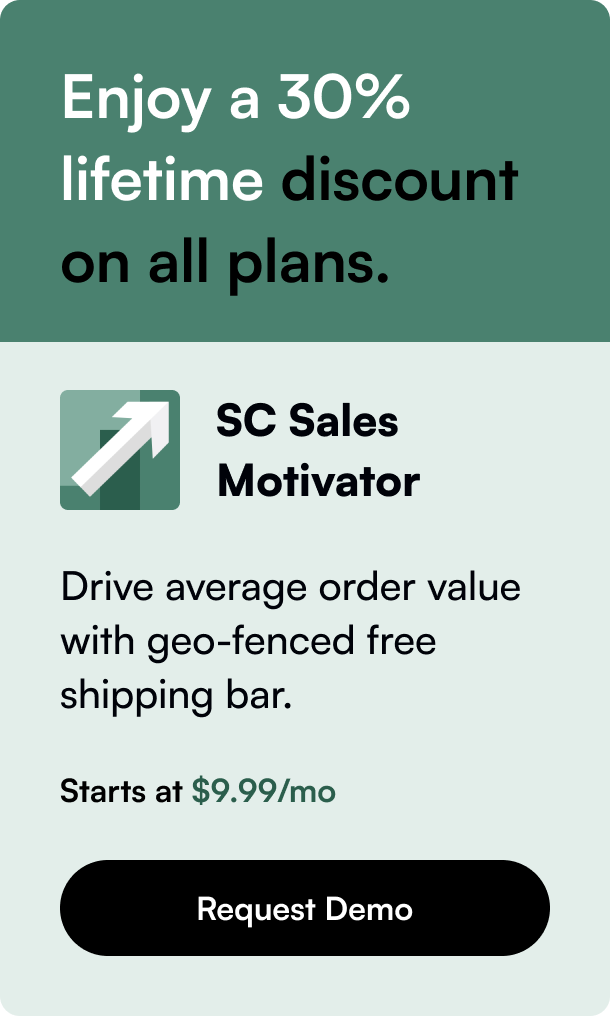Table of Contents
- Introduction
- Pathway to Becoming a Shopify Web Developer
- Sharpening Your Developer Qualities
- Launching Your Career
- Conclusion
- FAQs
In the digital age, e-commerce has become the backbone of retail. Among the various platforms that support e-commerce websites, Shopify stands out as a leader. Its user-friendly interface, scalable features, and comprehensive tools make it an ideal choice for businesses looking to establish or expand their online presence. If you're tech-savvy and interested in carving out a career in this booming industry, becoming a Shopify web developer could be your ticket to success. This guide will walk you through the steps, skills, and insights needed to venture into this lucrative field.
Introduction
Have you ever marveled at the seamless shopping experience on an online store and wondered what goes on behind the scenes? Shopify web development is the magic wand that transforms basic online storefronts into dynamic, interactive shopping experiences. With over 1.7 million merchants utilizing Shopify's platform, the demand for skilled Shopify web developers has skyrocketed. This guide aims to equip you with the knowledge and skills to embark on this rewarding career path.
The Role of a Shopify Web Developer
A Shopify web developer specializes in creating, customizing, and optimizing online stores on the Shopify platform. Their work involves developing themes and applications that enhance the functionality and user experience of e-commerce sites. From drafting the initial store layout to implementing complex features like payment gateways and inventory management systems, Shopify developers play a critical role in the e-commerce ecosystem.
Why Choose Shopify Web Development?
The e-commerce sector has witnessed exponential growth, with Shopify leading the charge. The platform's versatility and comprehensive set of features make it appealing to businesses of all sizes. As a developer, working on Shopify allows you to explore a wide range of creative and technical challenges, making each project a unique learning opportunity.
Pathway to Becoming a Shopify Web Developer
Becoming a Shopify web developer requires a blend of technical skills, creative thinking, and a deep understanding of e-commerce dynamics. Here’s how you can kickstart your journey:
Build Your Foundation
- Learn the Basics: Before diving into Shopify development, ensure you have a solid grasp of HTML, CSS, and JavaScript. These languages are the building blocks of web development.
- Explore Shopify's Liquid: Shopify’s templating language, Liquid, is essential for crafting custom themes. Familiarize yourself with its syntax and functionalities.
- Understand RESTful APIs and GraphQL: These allow developers to create robust applications that interact seamlessly with Shopify’s back-end services.
Specialize in Shopify Development
- Join the Shopify Partner Program: This provides you access to Shopify's extensive documentation, development tools, and a community of like-minded developers.
- Dive into Theme Development: Start with customizing existing themes before attempting to create your own from scratch.
- Experiment with App Development: Building Shopify Apps can significantly expand your skillset and open new revenue streams.
Enhance Your Skill Set
- User Experience (UX) Design: Understanding UX principles will enable you to create intuitive and engaging online stores.
- SEO Fundamentals: A well-optimized store is more discoverable. Learn about SEO best practices and how to implement them in Shopify.
- Stay Updated: The e-commerce field is ever-evolving. Keep abreast of the latest trends, technologies, and Shopify updates.
Sharpening Your Developer Qualities
To thrive as a Shopify web developer, cultivate the following qualities:
- Problem-Solving Skills: Be prepared to tackle complex challenges and find innovative solutions.
- Attention to Detail: A small glitch can affect the user experience. Precision is key.
- Communication: Articulate your ideas clearly and effectively collaborate with team members or clients.
- Adaptability: Be open to learning and adapting to new tools and technologies.
Launching Your Career
With the right skills and mindset, you’re ready to enter the world of Shopify web development. Begin by taking on small projects to build your portfolio. Networking with other developers and participating in online forums can provide valuable insights and job opportunities. Consider creating your own Shopify apps or themes to showcase your capabilities and attract potential clients or employers.
Conclusion
The journey to becoming a Shopify web developer is filled with opportunities for growth and creativity. By mastering the necessary technical skills, understanding the intricacies of e-commerce, and staying committed to continuous learning, you can forge a successful career in this dynamic field. The e-commerce world awaits your innovative solutions and vibrant online stores.
FAQs
-
How long does it take to become proficient in Shopify web development?
- Proficiency depends on your background and how much time you dedicate to learning. With consistent practice, you can achieve a competent level within a few months.
-
Do I need a degree in computer science to become a Shopify web developer?
- While a computer science degree can be beneficial, it's not mandatory. Many successful developers are self-taught or have completed online courses and boot camps.
-
Can Shopify web development be a freelance career?
- Absolutely. Many Shopify developers work as freelancers, offering their services to businesses worldwide. This allows for flexibility and the opportunity to work on a variety of projects.
-
What are the earning prospects for a Shopify web developer?
- Earnings vary based on experience, location, and whether you’re employed or freelancing. Shopify web development can be a lucrative career, with many developers charging premium rates for their specialized skills.
-
How can I stay updated with the latest Shopify development trends?
- Follow Shopify’s official blogs, participate in developer forums, attend webinars, and connect with other developers through social media and online communities.








